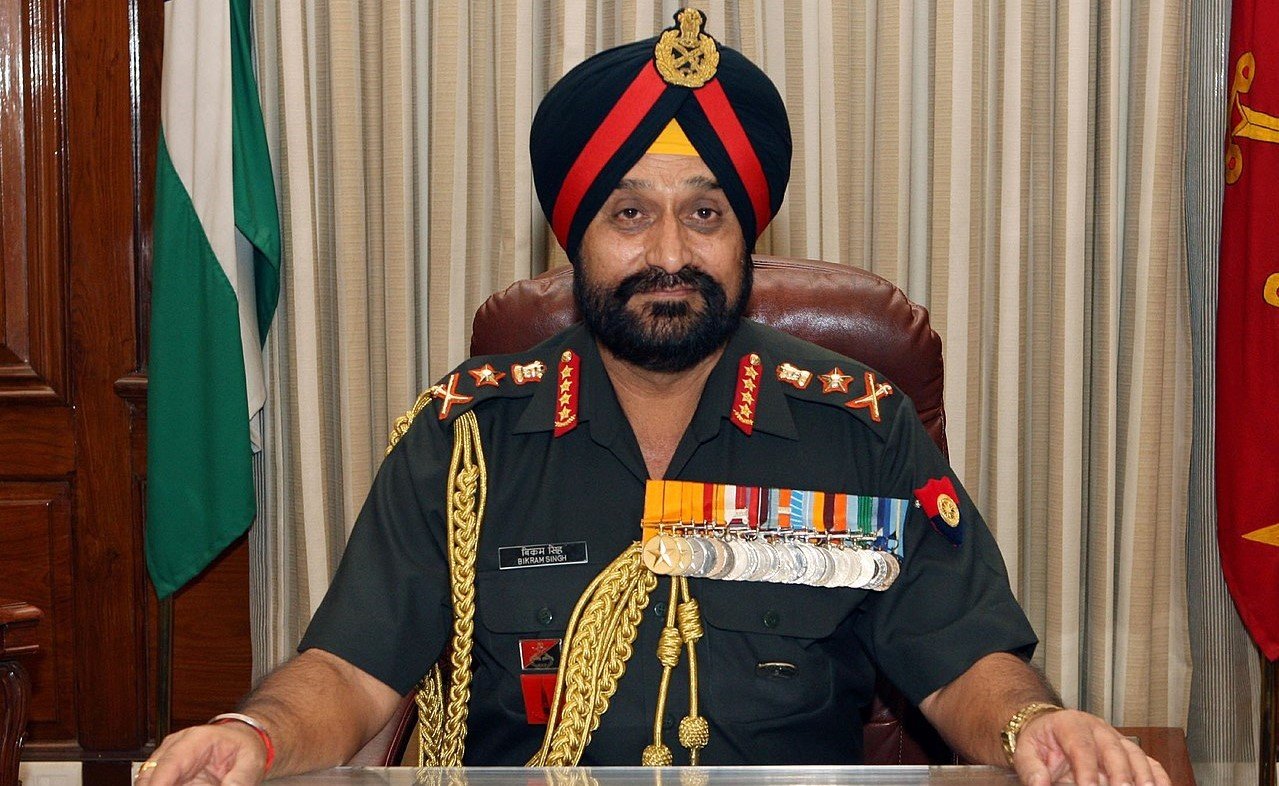Former Army chief General Bikram Singh has urged the government to exercise caution while dealing with the United States on strategic matters, saying the world’s mightiest nation so far has not proved its trustworthiness to its close allies.
He said despite India being a member of the Quad grouping, it should move cautiously when it comes to dealing with the US, which has expanded and deepened its ties with New Delhi in recent years.
The Quad, or Quadrilateral Security Dialogue, comprises India, the US, Japan and Australia.
“While it’s good that we are part of the Quad (seen as a counterweight to China in the Indo-Pacific region), it will be in our interest that we move cautiously with the US, because Washington has never made itself trustworthy in its dealings with any of its strategic and defence allies,” he told the SBI Banking & Economic conclave here on Thursday evening.
Further explaining his call for a cautious approach in strategic dealings with Washington, General Singh, who was the 24th Army chief and served between 31 May 2012 and 31 July 2014, said, “The US extricated itself first from Vietnam, then twice from Iraq, and recently from Afghanistan. We must be very cautious in dealing with the US.”
He maintained the US has failed in all its external military interventions and one of the main reasons for the same was that Washington has been outsourcing its work to others.
Read more: PM Modi, US President Biden review India-US ties during their meeting in Bali
Biden admin committed to work with India on its transition away from Russia: White House
The Quad started as a diplomatic network originally floated by former Japanese prime minister Shinzo Abe in early 2007 and later took shape as a four-nation bloc. It aims to strengthen a free and open international order based on the rule of law in the Indo-Pacific region.


